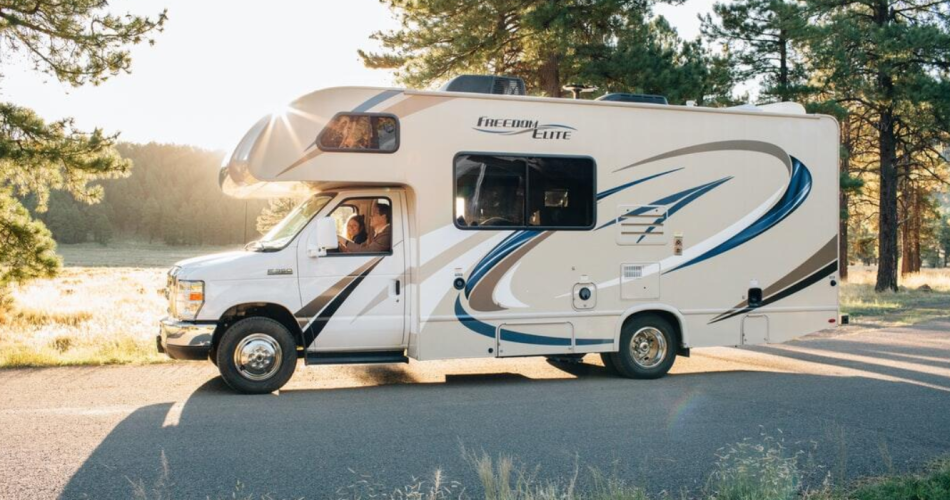Owning an RV brings fun, freedom, and new adventures. But weather can harm your RV if you’re not careful. Sun, rain, snow, and wind can cause real damage.
Do you know how to keep your RV safe year-round? Protecting it takes the right steps and a little effort. Even small actions can prevent big repairs.
This guide shows how to guard your RV from the weather. You’ll learn simple ways to shield your vehicle. Let’s keep your RV in great shape for every journey ahead.
Use a Quality RV Cover for Protection
An RV cover blocks harmful sun, rain, and snow. It helps prevent fading, cracking, and water leaks. Choose a breathable cover to avoid moisture buildup underneath.
Make sure it fits well and covers the entire RV. Tie it down properly to avoid wind damage. Always check for tears or wear before each season.
A good cover can stop many costly repairs over time. Use it whenever your RV isn’t being driven.
Park in a Shaded or Covered Area
Parking in the shade reduces sun damage to your RV’s exterior. UV rays can fade paint, crack rubber, and weaken seals. Try using a carport, garage, or a tree-covered space.
Covered parking also protects from heavy rain, snow, and hail. It reduces wear and aging on the roof and windows.
If no shade is available, invest in a freestanding canopy. This keeps your RV cool and safe during hot months.
Inspect and Maintain Seals and Roof Regularly
Weather can damage roof seams and seals over time. Water leaks often start with cracked or loose sealant. Inspect your roof and windows for any signs of wear.
Clean the areas before applying new sealant. Make this part of your seasonal maintenance checklist. A well-maintained roof prevents costly water damage inside.
Fix small cracks quickly to avoid major repairs. Keeping seals strong helps extend your RV’s lifespan.
Choose Reliable RV Storage During Harsh Seasons
Storing your RV properly keeps it safe in winter or summer. Look for a trusted facility offering secure, covered options. RV storage helps protect from wind and moisture.
These places often include features like cameras, fencing, and lighting. Proper storage reduces exposure to damaging conditions outside.
It also frees space at home and gives you peace of mind. Always clean your RV before storing it long-term.
Check Tires and Battery Before and After Storms
Weather changes can affect tire pressure and battery life. Heat and cold can weaken battery charge and tire strength. Check tire pressure regularly and keep them properly inflated.
Cover tires with UV guards when the RV isn’t used. Disconnect the battery if storing the RV for months.
Recharge it before your next trip to avoid issues. These steps help prevent weather-related power and tire problems easily.
Learn How to Protect an RV From Weather Damage
Your RV deserves care to stay safe in any season. Weather damage can lead to costly repairs and stress. Taking small actions now can save big problems later.
Always inspect seals, use covers, and check the tires often. Reliable RV storage also makes a huge difference in protection.
Whether it’s sunny or snowing, you can be ready. With these simple tips, your RV stays strong and ready to roll. Treat it well, and enjoy many future adventures ahead!
Did you find this article helpful? If so, check out the rest of our site for more informative content.
